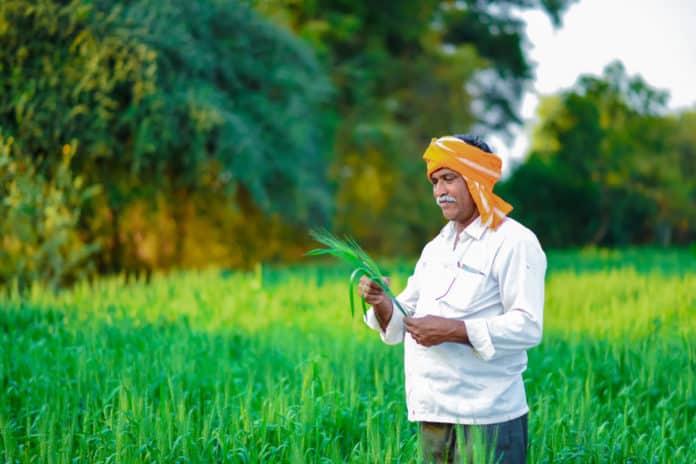Biotech KISAN Hubs Across India By DBT To Tackle Agricultural Issues
In a major step to make use of biotechnological research methodologies for creating solutions to tackle agricultural issues, the Department of Biotechnology plans to establish biotech hubs across India. DBT’s mission programme, Biotech-Krishi Innovation Science Application Network (Biotech-KISAN) intends to connect India’s farmers with both Indian and international best in science.
Both in terms of quality and quantity agriculture productivity of the country has been severely affected. Water, soil, seed, and the market is the most important factors affecting productivity.
DBT has decided to establish Biotech-KISAN hubs in the four agro-climatic zones in the country, they are Eastern Plateau and Hills; Gujarat Plain and Hills; Western Dry Region; and Islands.
Initially, for 2 years each of these hubs will be getting financial assistance of ₹ 60 lakhs per year. A Budget of 5 lakhs per year has been set for each collaborating institution and Krishi Vigyan Kendras (KVKs) for every specific activity as defined in the application.
A network will be created by each of these hubs by developing strong connections with top quality scientific institutions, State Agricultural Universities, Krishi Vigyan Kendras, existing state agriculture extension services, and other farmers’ organizations in the region along with leading international institutions and organizations.
To work with small and marginal farmers mainly the woman farmer for better agriculture productivity through best farming practices & scientific intervention in the Indian context is the main aim of this program and to achieve this Biotech-KISAN will be implemented in 15 agro-climatic zones of India.
Biotech-KISAN Hub will have a tinkering lab. The core activities of the hub will include understanding the issues of the local farmer; scouting for accessible technologies and solutions to problems of farmers in the area; demonstration and scale-up programmes for implementing the solutions to the problems of farmers — addressing soil, water, seed and promotion issues; creation of powerful scientists-farmers Interaction connectivity and platform; training programmes for the farmer and immersion programmes for scientists; communicating setup through radio and TV and connectivity through social media; person thematic fellowship programmes for selected farmers in the zone at high tech science laboratories; special solution-driven thematic fellowships to women farmers (Mahila Kisan Biotech Fellowship) to develop them as leaders and grass root scientists.
3 institutions along with KVKs will be in partnership with the hub and its facilitator. It will be mandatory for each partner Institute to participate with the hub and its activities and for this, a separate budget would be provided for each of them.
The activities of the partnering institute will consist of conducting training programs for farmers in labs of scientific research institutions, exposing farmers to leading science labs to develop them as scientific leaders at grass root level; providing support and solution to agriculture issues related to water, soil, seed, ailments and marketing issues in various regions; the topic and scope of the training programme will consist of good agricultural practices. The duration of the training will be 5 to 10 days.
Now a question arises does India really needs such programmes, if yes then why?
The answer to the above question is:
The drought, flood, availability and poor quality are major issues within the Indian agriculture scenario. Also are the poor soil health, lack of use of modern technologies in agriculture because of lack of knowledge and consciousness, abiotic and biotic stress due to climate change. Besides the lack of accessibility to agricultural planting material at affordable cost to small and marginal farmers has been seen in a major way. The collapse of expansion system for dissemination of new technologies among farmers, insufficient use of available bio-resources at village or farm level for proper nutrient management and processing, packaging and marketing.
The issues faced by the Indian farmer are special, small land holdings are the standard, a rather small number of livestock that’s often the primary source of livelihood and 15 different agro-climatic zones.
Mission Programme on Biotech-Krishi Innovation Science Application
Network (Biotech-KISAN)






























